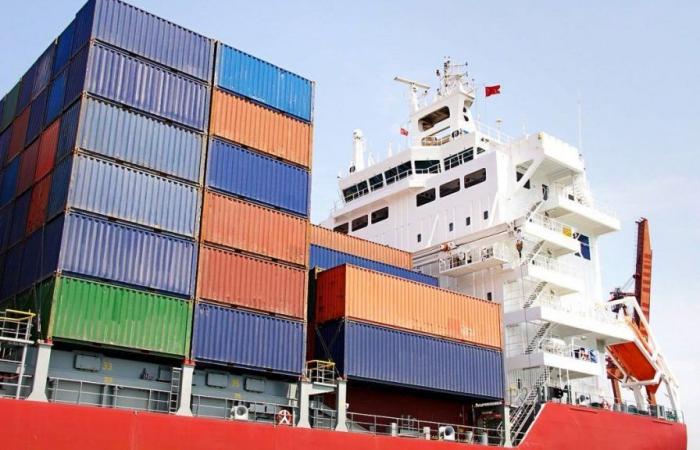Currently, the import regime in the Argentine Republic looks more flexible than in previous periods, although it still has a long way to go to be 100% regularized. Although the current conditions, depending on the category of products/services that you want to acquire from abroad, average a possibility of transferring the money owed 30 days after the desired cargo/service is nationalized, we can already be talking about that each time more, especially in the line of imported products, are beginning to be seen on the street, little by little in a simpler way. Whether the leverage of operations is achieved through international subsidiaries in the case of large companies, or close commercial ties with trusted and proven suppliers, the import wheel begins to move again.
In times of recession like the one we are currently experiencing, it is difficult to see and notice that this opening of imports will reach the daily lives of all people in the short term, but silently more and more brands and multinational companies began to settle again in our country awaiting the prompt recovery of the purchasing power of the majority of the population, to strengthen their businesses in our country.
In this way, Argentine companies will have to restructure or adapt to be able to face world-renowned brands such as IKEA, which has already registered its trademark in the country. This forces local companies to adapt to maintain their competitiveness and be able to respond to the changing demands of consumers. This situation reminds me of a talk by the renowned financial specialist Claudio Zuchovick, who said a phrase that seems more than accurate for this moment in the Argentine economy: “If you think that the changes are going to be temporary, hold on as long as you can with your current structure and form. If you think that these changes are here to stay, you will have to change your way of working.”
Let’s look at some growth points that can be chosen by Argentine entrepreneurs:
Improve quality and add value
One of the changes that companies must consider in order to stand out in a more open, saturated and competitive market is the quality of their products. Quality does not only imply meeting minimum standards, but also exceeding customer expectations, giving that surprise factor that makes them feel satisfied with the decision to have bought from that brand. This can be achieved through continuous innovation, the adoption of advanced technologies and the optimization of production processes.
Infrastructure modernization is also a key point to improve efficiency and production capacity: investing in advanced machinery can help companies reduce operating costs and improve product quality.
Furthermore, opting for more efficient and sustainable products or incorporating unique features that meet specific consumer needs is really necessary. For example, if you want to target an audience that wants to raise the level of their home, adding designer lighting products and improving their security, or automating it to achieve a more comfortable and intelligent living experience, a LED lighting and home automation company could focus on developing products that are not only energy efficient, but also integrate those technologies that the user is looking for to achieve the comfort they desire.
Diversification to open opportunities
Another fundamental pillar for companies seeking to adapt to this new context is diversification. Expanding the range of products and services allows companies to explore new market niches and reduce dependence on a single sector. This can even be done by taking advantage of the opening of imports, importing inputs or complementary products that enrich the local offer.
The diversification Not only does it open up new revenue opportunities, it also strengthens the company’s resilience to fluctuations in demand for specific products.
Team building
This context is not limited only to product improvement and market expansion, but the human team and infrastructure are other essential pillars. Companies must take a proactive approach to talent management, promoting a work environment that fosters creativity and innovation.
And in an environment where competition intensifies, customer service becomes a crucial differentiator. They should not underestimate the way they address their consumers and should provide exceptional customer service that not only solves problems but also anticipates customer needs and preferences. Customer loyalty is a long-term strategy that can ensure a steady stream of revenue and a loyal customer base.
Making alliances and giving cooperation a chance
Strategic alliances, with both local and international companies, can provide competitive advantages for both parties. Through them you can not only make agreements but also collaborate together on projects that are beneficial for both. In this way, risks and resources can be shared, and new capabilities and markets can be accessed.
In conclusion, the key to surviving and thriving in this new environment lies in the ability to adapt and strategically reconfigure. Improving your products, production processes, strengthening human work, diversifying and making strategic alliances are fundamental pillars to face international competition. Companies that manage to integrate these strategies will not only be able to withstand market pressures, but will also be able to position themselves favorably for future growth in a globalized context.
Director and founder of DEMASLED.


